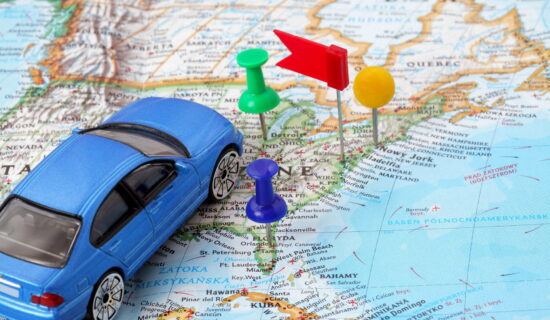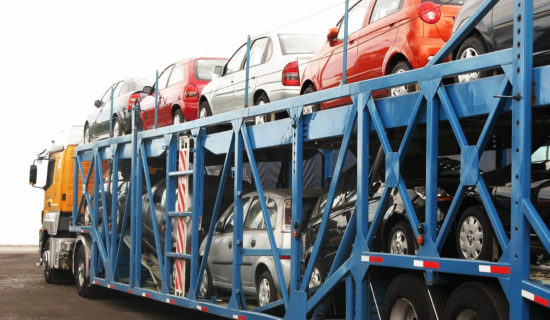You Can Save Money on Supplies by Using What You Already Have
Another great way to save space and money is to wrap your items in other things you’re taking with you. For example, you can take your towels, soft linens, blankets, sweaters, and alike, and use them as cushioning when you pack breakable stuff. Instead of using only cardboard boxes, take your hampers, plastic containers, suitcases, and travel bags, and fill them with the stuff you’re relocating.
Every empty space that you see can be filled with other smaller belongings that will also be safe there during the trip. Put your small electronic gadgets, jewelry, socks, or underwear inside of your sneakers or shoes. Options are endless; you just require a bit of inspiration. You can find lots of ideas on Pinterest and YouTube.











